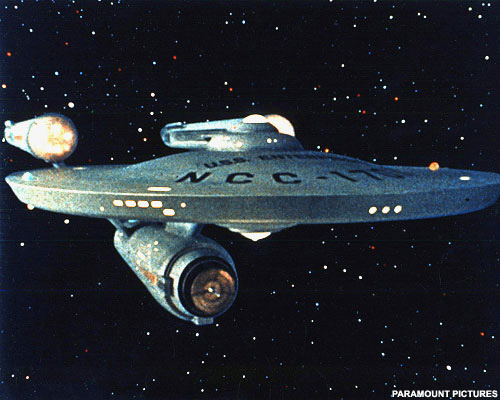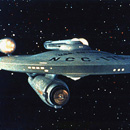Scientists: Particles appear to travel faster than light
CNN
Thu September 22, 2011
Scientists in Switzerland say an experiment appears to show that tiny particles traveled faster than the speed of light - a result that would seem to defy the laws of nature.
The physicists say that neutrinos sent 730 kilometers (453.6 miles) underground between laboratories in Switzerland and Italy arrived a fraction of a second sooner than they should have, according to the speed of light.
The report was published Friday by a group of researchers working on the so-called Opera experiment, based at the European Organization for Nuclear Research, known as CERN, in Switzerland. CERN is the home of the Large Hadron Collider.
"I was surprised, shocked," by the findings, Antonio Ereditato, Opera spokesman at the University of Bern in Switzerland, told CNN. "However, we are confident in what we did and we think we did it correctly.
"We concluded after a long scrutiny of all systematic uncertainties that we could not explain (the result) otherwise."
The 150 or so researchers on the Opera project will continue their research, he said, but now they want the worldwide scientific community to come up with "new ideas to explain or new experiments which should -- could -- confirm or disprove the effect."
The finding would seem to challenge Albert Einstein's special theory of relativity, and the long-established law of physics that nothing can exceed the speed of light.
"It is very, very remarkable if it's true," said Professor Neville Harnew, head of particle physics at Oxford University.
"If this proves to be correct, then it will revolutionize physics as we know it."
He will be among scientists from around the world tuning into a webcast seminar held by CERN Friday afternoon, to discuss what Harnew describes as an "ultra-exciting" development that has come "totally out of the blue."
The Opera team's result is based on the observation of more than 15,000 bunches of neutrinos sent between CERN and the Gran Sasso Laboratory in Italy. A neutrino is an electrically neutral subatomic particle, an elemental building block of the universe.
The physicists say the measurements of the distance and the time involved were performed with great precision, to nanosecond accuracy.
And the results seemed to show the neutrinos travel "at a velocity 20 parts per million above the speed of light, nature's cosmic speed limit."
Professor James Stirling, head of the Cavendish Laboratory at Cambridge University, said part of what is so surprising is that "the effect is so large, relatively speaking" -- that is, that the particles traveled a significant degree faster than should have been possible.
"This is a violation of this speed of light limit," he said. "This is really a result that would challenge one of the cornerstones of the whole of physics."
Sergio Bertolucci, research director at CERN, said the Opera team followed good scientific practice by throwing open their findings to other scientists.
"When an experiment finds an apparently unbelievable result and can find no artifact of the measurement to account for it, it's normal procedure to invite broader scrutiny," he said.
"If this measurement is confirmed, it might change our view of physics, but we need to be sure that there are no other, more mundane, explanations. That will require independent measurements."
Ereditato said more research is needed -- and that the Opera team wants to be prudent for now because of the apparent magnitude of their finding.
"The potential impact on science is too large to draw immediate conclusions or attempt physics interpretations," he said in a CERN news release. "My first reaction is that the neutrino is still surprising us with its mysteries."
Harnew told CNN the new finding "cannot currently fit in the standard theories at all" and would have to be confirmed by another experiment -- to ensure there is no subtle systemic error at play -- before a discovery can be claimed.
And he cautions that "neutrino measurements are extremely difficult experiments," making it hard to verify results independently.
Neutrinos, which are emitted during the process of radioactive decay, have only a tiny mass and usually pass through matter without interacting with anything else, making them very hard to detect.
CERN is one of only a handful of laboratories capable of running an experiment like the Opera project, Harnew said. Other possible sites could be J-Parc in Japan, home of the multinational T2K project, and Fermilab in Illinois.
Stirling also wants to see more experiments to replicate and test the results, but predicts that theoretical physicists will struggle to write papers on such a revolutionary finding.
It was only recently discovered that neutrinos, which come in three types, can switch from one type to another -- thereby proving that they have mass, Stirling said.
If they can indeed travel faster than mass-less particles, like light, then these mysterious particles will have done even more to turn the world of physics on its head.





 Share your thoughts in the Forum
Share your thoughts in the Forum